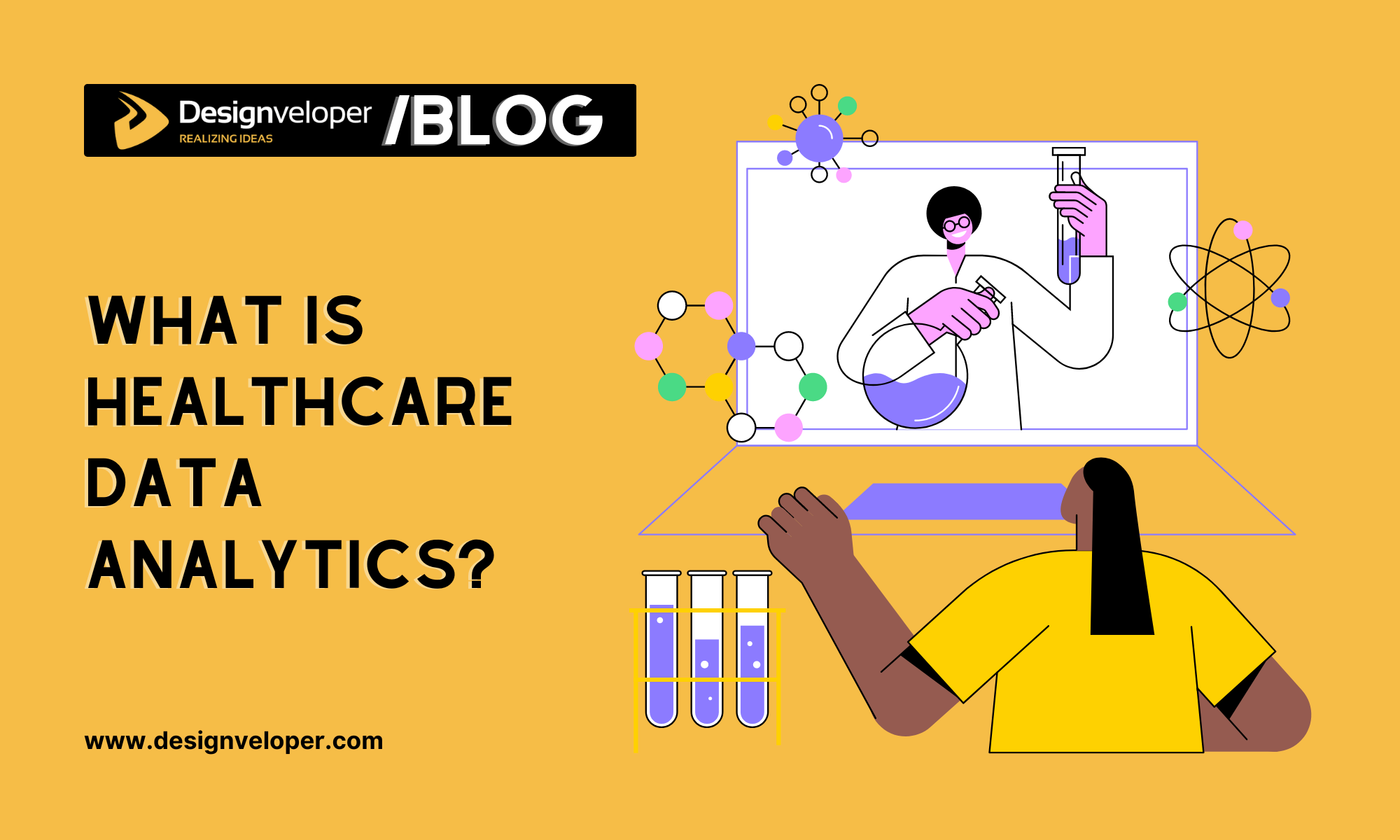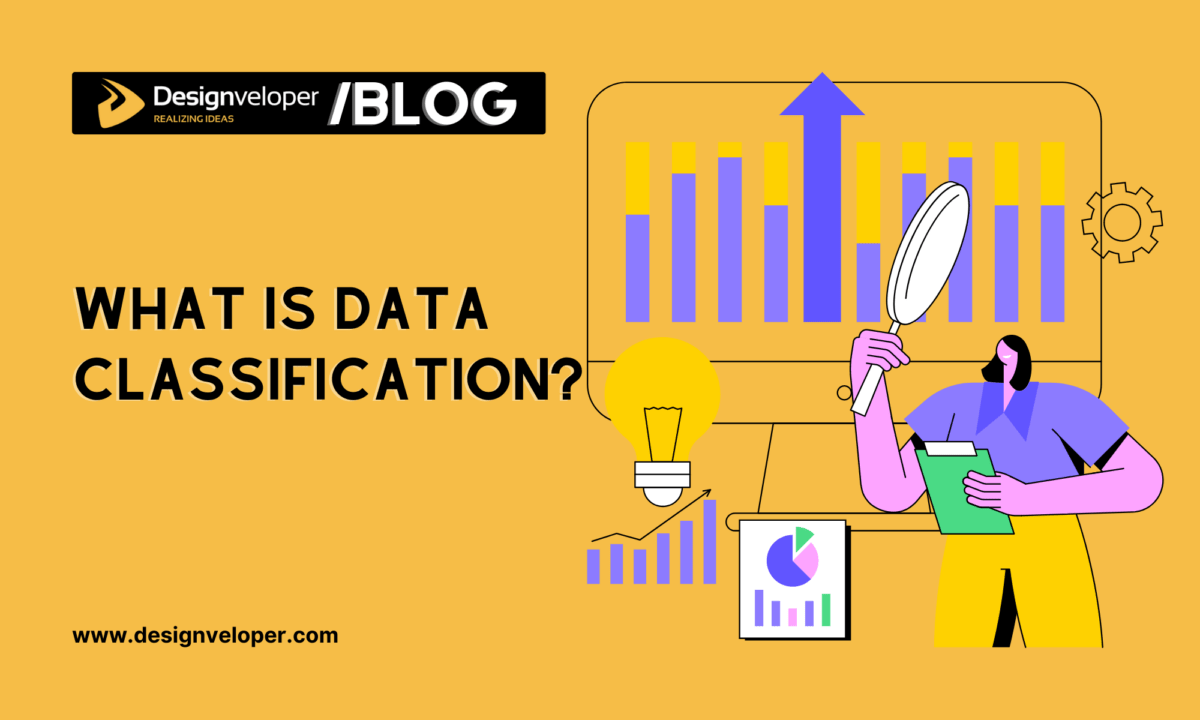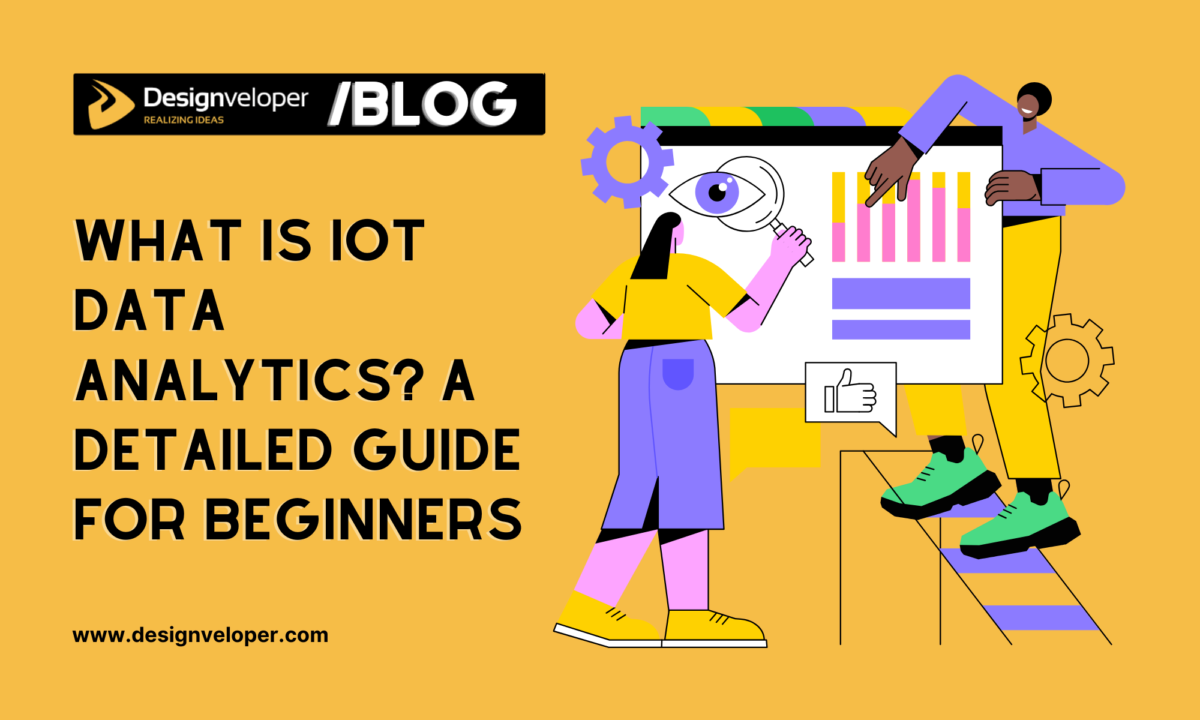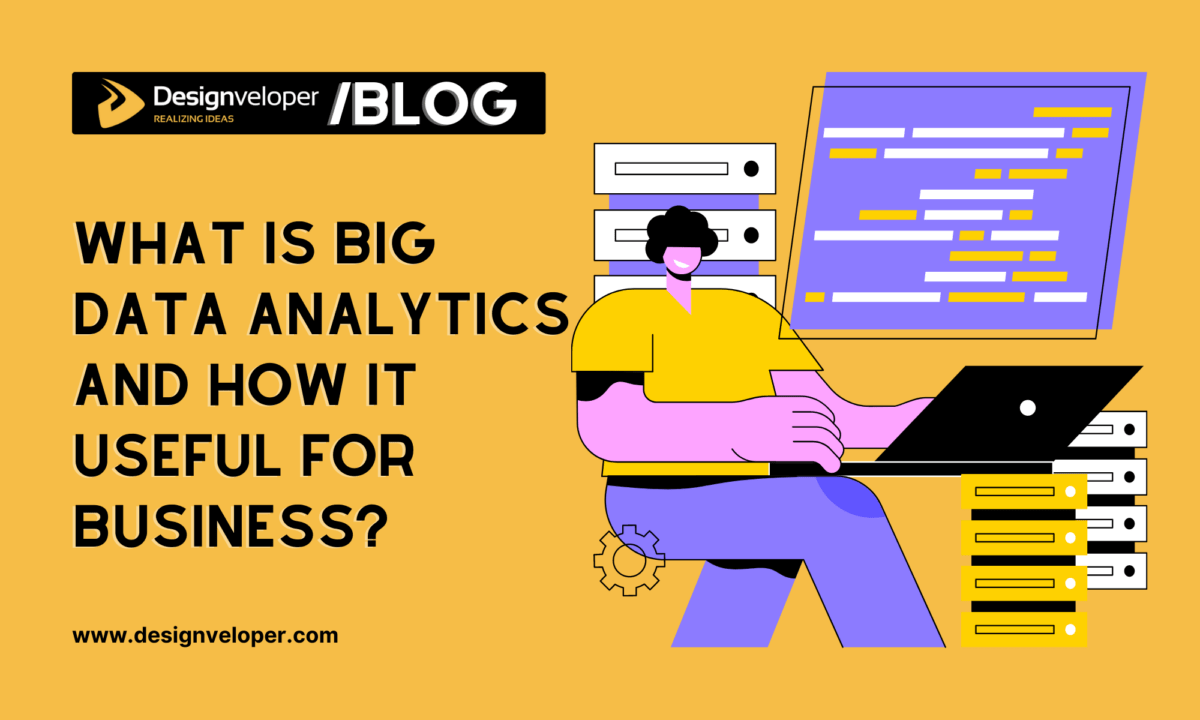
In an era where data is the new gold, healthcare is not left behind. Imagine a world where doctors can predict health issues before they occur, where hospitals operate seamlessly, and patients receive personalized care – all thanks to data. That’s the power of healthcare data analytics!
But what is healthcare data analytics? You’ll find the answer in this detailed guide.
Here, we’ll dive into what healthcare data analytics is, its benefits and challenges, and the career path for those interested in this field. We’ll also look at real-world projects, like how data analytics is used to improve patient care and streamline healthcare processes.
So, whether you want to understand this concept, explore career opportunities, or find educational resources in healthcare data analytics, this guide is for you. Get ready? Keep reading!
What is Healthcare Data Analytics?
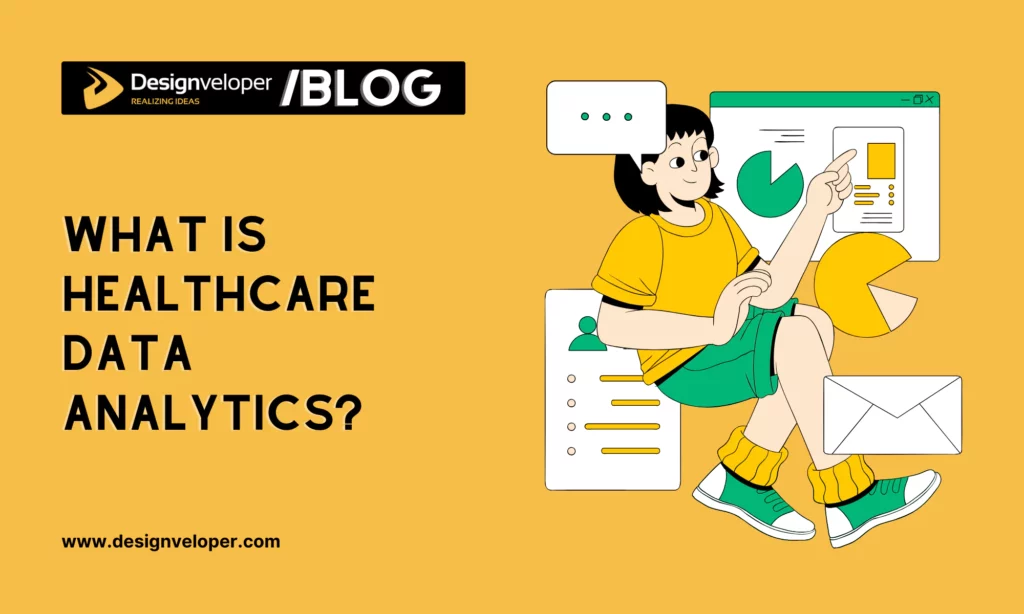
Healthcare data analytics is the process of analyzing massive data amassed in the healthcare sector to discover hidden patterns, trends, and other meaningful insights. It’s like a high-powered microscope for healthcare data.
This field leverages both historical and current data. Historical data provides a look back at trends and allows for comparative analysis. For example, it can help identify patterns in patient outcomes based on different treatments.
Current data, on the other hand, offers real-time insights that can aid in immediate decision-making. For instance, it can help detect a sudden outbreak of a disease in a particular region.
FURTHER READING: |
1. Data Science vs Data Analytics: A Detailed Comparison |
2. No-Code Data Analytics: A Comprehensive Guide |
3. 10 Best Master’s in Data Analytics to Advance Your Career |
5 Benefits of Applying Data Analytics in Healthcare
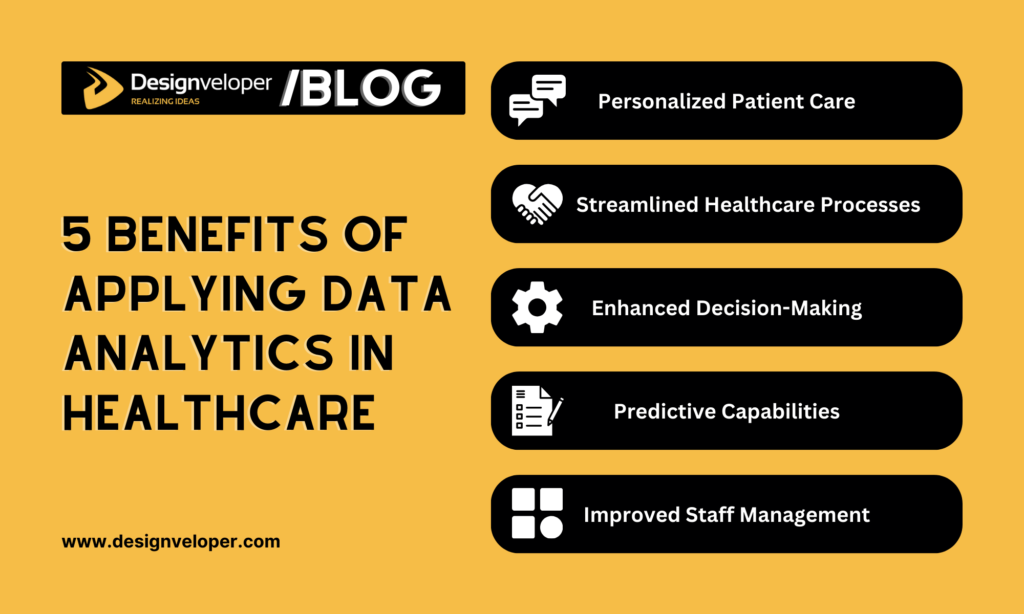
Healthcare data analytics is transforming the healthcare landscape. With the global market projected to reach USD 134.9 billion by 2032 from USD 29.7 billion in 2022, it’s clear that data-driven insights are becoming integral to healthcare.
This growth is driven by the need for comprehensive patient care, efficient hospitalization processes, and early illness prediction.
To further understand how data analytics benefits healthcare providers or medical firms, let’s explore its transformative benefits in more detail.
Personalized Patient Care
Data analytics can help healthcare providers foster a patient-centric approach. As such, it transforms the traditional one-size-fits-all model into a personalized healthcare experience, thereby improving personalized patient care.
But how? By analyzing individual health records, patterns, and trends, healthcare providers can tailor treatments and interventions to each patient’s unique needs.
For example, data analytics can help identify a patient’s risk factors for certain diseases, enabling preventive care measures. It can also track a patient’s response to different treatments, allowing for adjustments to be made for optimal results.
Streamlined Healthcare Processes
Data analytics can help streamline healthcare processes. In other words, it can identify inefficiencies in healthcare delivery, such as long wait times or unnecessary procedures. By addressing these issues, healthcare providers can improve patient satisfaction and reduce costs.
Furthermore, data analytics can help in resource allocation, ensuring that healthcare resources are used effectively and efficiently.
Enhanced Decision-Making
With data at their fingertips, healthcare professionals can make informed decisions quickly. This is particularly crucial in situations where timely intervention can save lives. As such, data analytics provides healthcare professionals with the information they need to make the best decisions for their patients.
Predictive Capabilities for Disease Outbreaks and Patient Outcomes
One of the most exciting benefits of healthcare data analytics is its predictive capabilities. By analyzing trends and patterns in health data, it can predict potential disease outbreaks, allowing for early intervention and prevention.
Similarly, it can forecast a patient’s health trajectory based on their current health status and lifestyle habits. This allows healthcare providers to proactively manage potential health issues, leading to improved health outcomes.
Improved Staff Management
Healthcare data analytics can also reduce poor staff management. By analyzing data on staff performance, patient volume, and other operational metrics, healthcare administrators can make informed decisions about staffing.
For instance, data analytics can help identify peak times for patient visits, allowing administrators to schedule staff more effectively. This not only improves patient care but also enhances staff satisfaction by preventing burnout.
Moreover, it can also highlight areas where staff may need additional training or support, leading to improved performance and patient care.
4 Challenges in Healthcare Data Analytics
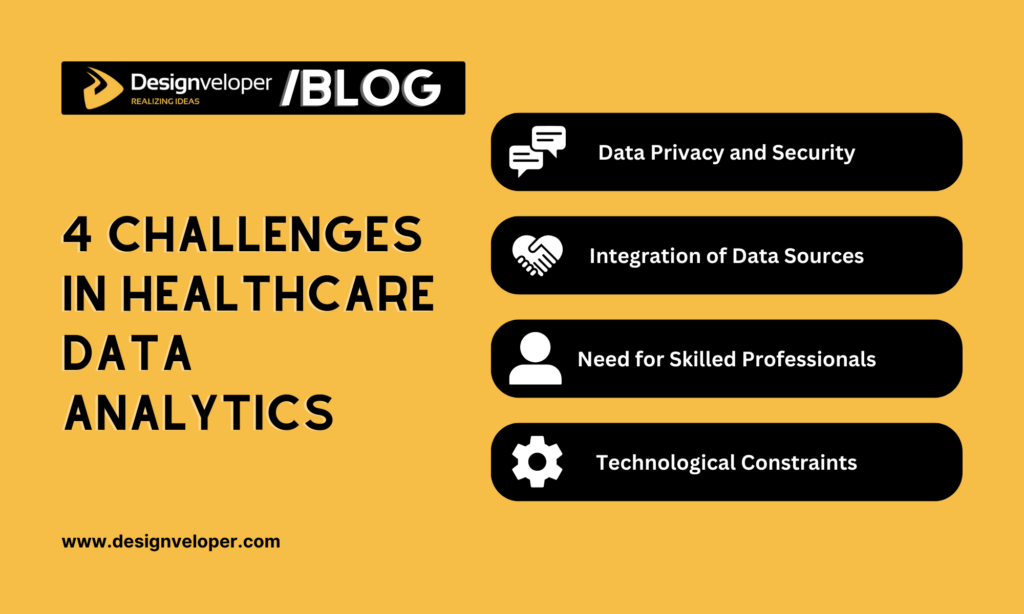
While healthcare data analytics offers numerous benefits, it’s not without its challenges. From data privacy and security concerns to the need for skilled professionals, these hurdles must be addressed to fully harness the power of data in healthcare. Let’s delve into these challenges in more detail.
Data Privacy and Security Concerns
Healthcare data is highly sensitive. In 2023, healthcare organizations encountered an alarming surge in data breaches. According to the HIPAA Journal, two new records were set: the highest number of reported data breaches and the most significant number of breached records in a year. On average, an astounding 364,571 healthcare records were breached daily.
The consequences of such breaches can be severe, making data protection a paramount concern. In the U.S., healthcare organizations are required to comply with the Health Insurance Portability and Accountability Act (HIPAA), which sets the standard for safeguarding sensitive patient data.
However, balancing the need for data privacy and security with the benefits of data analytics presents a significant challenge. As healthcare organizations increasingly leverage data analytics, finding effective ways to protect this sensitive information while still gaining valuable insights becomes a critical task.
Solution: Handling data privacy and security requires robust data security measures. This includes encryption, anonymization of data, and secure data storage and transmission protocols. Regular audits and compliance checks can ensure adherence to data privacy regulations. Additionally, educating staff about data security can help prevent breaches.
Integration of Disparate Data Sources
Healthcare data can come from different sources – electronic health records, medical imaging, and more. Integrating these disparate data sources into a unified platform for analysis can be a daunting task. It requires robust data management and integration systems, which can be complex and costly to implement.
Solution: Initial investments in these systems may seem substantial, but they promise cost-effectiveness in the long run. This becomes particularly evident as healthcare providers expand, and the volume of data, patients, and services increase. These tools, accordingly, can automate the process of collecting and integrating data from various sources. Also, adopting standard data formats and protocols can facilitate easier data integration.
Need for Skilled Professionals
The field of healthcare data analytics requires professionals with a unique blend of skills in healthcare, data science, and technology. There is a growing demand for such professionals, but the supply is limited. Training and retaining these professionals is another challenge that healthcare organizations face.
Solution: Addressing this challenge involves investing in education and training. Healthcare organizations can partner with educational institutions to create tailored programs that equip professionals with the necessary skills. Additionally, providing ongoing training and development opportunities can help retain skilled professionals.
Technological Constraints
While technology is enabling healthcare data analytics, it also presents challenges. The rapid pace of technological change means that healthcare organizations must continually update their systems to keep up. Additionally, many healthcare organizations may lack the necessary infrastructure to support advanced data analytics.
Solution: Overcoming this challenge requires investment in technology infrastructure. This includes hardware, software, and network capabilities that can support advanced data analytics. Additionally, adopting flexible and scalable technologies can help healthcare organizations adapt to technological changes.
4 Real-World Applications of Healthcare Data Analytics
You’ve discovered the question “What is healthcare data analytics?” from the theoretical aspect. Now, let’s explore five real-world examples to see how healthcare data analytics is being used in practice.
Ordoclic
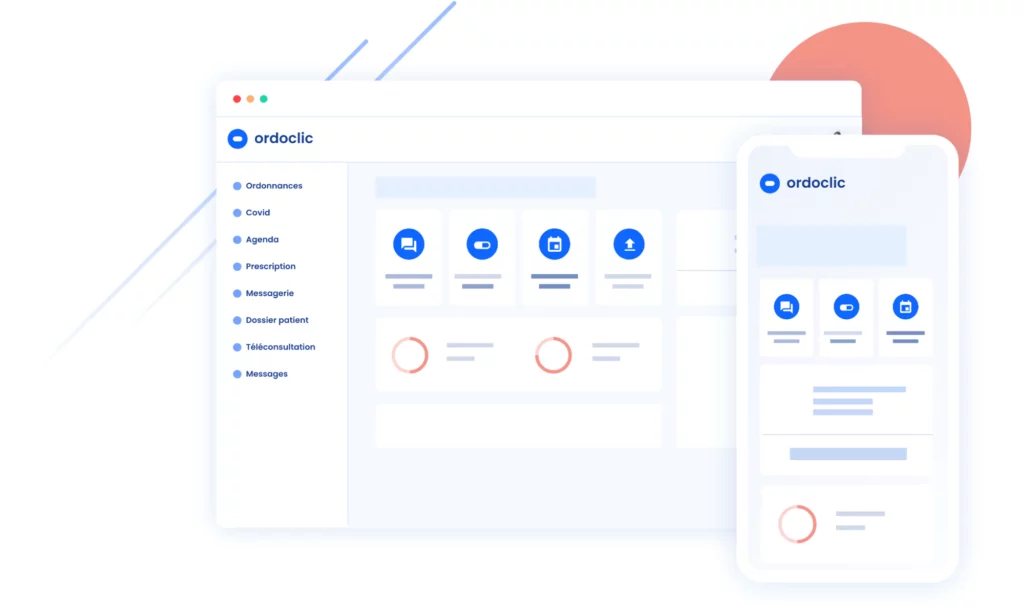
Ordoclic is a France-based company that offers e-prescription and e-health services.
They teamed up with Designveloper (DSV) to create an online medical platform that connects doctors and patients throughout France. The platform digitalizes the healthcare ecosystem by integrating a suite of tools such as E-prescription, Online booking, Telemedicine, and Electronic Health Records.
On this platform, patients can sign up, book appointments with private doctors, order medicines, and even have medical examinations online. Meanwhile, doctors can efficiently healthcare data, including insurance information, medical records, and medication databases, to provide their patients with a personalized healthcare service.
To help Ordoclic facilitate data management, we used Prometheus. This tech helps Ordoclic monitor, collect, and visualize real-time data on infrastructure and application performance.
Furthermore, we also employed Grafana for data analytics, offering a user-friendly interface to interpret and analyze metrics from Prometheus and other data sources. This enables the platform to generate actionable insights from the data, leading to improved healthcare services.
UnitedHealth Group

UnitedHealth Group is a healthcare insurance provider in the United States. In 2021, in collaboration with Optum, they introduced predictive analytics that empowers employers to anticipate their employees’ potential need for social interventions.
By integrating this predictive information with the employer’s aggregate data, employers can design and deploy healthcare strategies that are more responsive to their employees’ issues. This proactive approach allows for the early identification of support needs, fostering a healthier and more engaged workforce.
As a result, eligible individuals have adopted over 50% of the offers for support since the introduction of this capability.
Mayo Clinic
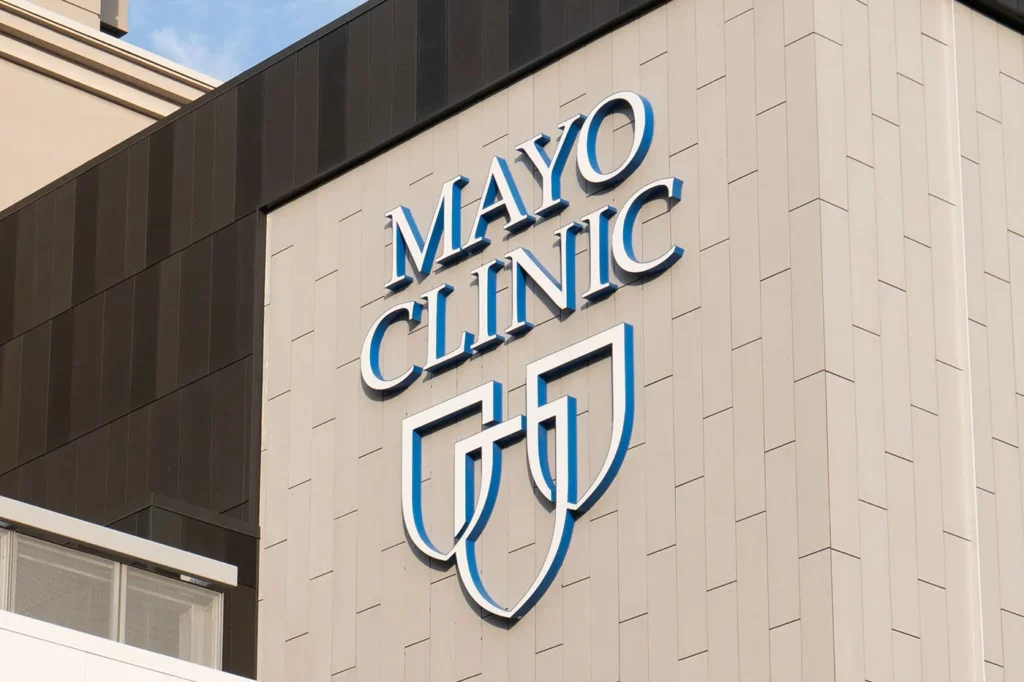
Mayo Clinic, a leading healthcare organization in the United States, has been leveraging data analytics to improve patient care and operational efficiency. They use predictive analytics to forecast patient health outcomes and to optimize resource allocation.
In 2020, Mayo Clinic launched the Clinical Data Analytics Platform as the first venture under the Mayo Clinic Platform.
This platform applies advanced data analytics on de-identified data from Mayo Clinic and other organizations, as well as the vast information in the scientific literature to advance medicine and improve the health of patients.
The platform is based on a federated architecture, which enables multiple participants to build a common, robust artificial intelligence and machine learning model without sharing datasets. This addresses critical issues such as data privacy, security, and access rights to heterogeneous sources of data.
Cleveland Clinic

Despite the U.S. healthcare system’s high expenditure, it grapples with a significant issue: four of the top ten hospitals consistently fall short on key performance indicators related to primary care quality, infant mortality, and life expectancy.
In response to these challenges, Cleveland Clinic has joined forces with Strata Decision Technology to leverage data and sophisticated analytics to improve these metrics and enhance their patients’ overall health and well-being.
By employing healthcare data analytics and predictive modeling, Cleveland Clinic can:
Improve the Patient Experience
As part of their ongoing commitment to patient care, Cleveland Clinic has built an infrastructure that supports a focus on population health. Also, they leveraged new capabilities and data analytics to better support patients throughout their lifetime care. And the result? They doubled the number of lives they serve by 2024.
Enhance Decision-Making
Using data analytics enables decision-makers to take a more proactive approach. As the work of clinical, financial, and operational teams intersect, data becomes crucial to establishing and following care paths, coordinating precise clinical care, and managing community health.
Support Post-Surgery Recovery
Cleveland Clinic uses data analytics to determine which patients are likely to have a successful recovery at home post-surgery. By integrating traditional clinical data with patient-provided survey data, they found that the presence of a care partner at home to assist with recovery and having the patient’s bedroom on the ground floor were key factors in a patient’s post-surgery success.
5 Degree Programs for Healthcare Data Analytics
You’ve cracked the code of “what is healthcare data analytics” and witnessed its magic in action through real-world projects. As you stand at this juncture, you might be considering the next steps to carve a niche for yourself in this domain.
The majority of roles in healthcare data analytics demand a high degree of expertise and knowledge, typically acquired through advanced education. While bachelor’s degrees in healthcare data analytics may be available, master’s programs are more prevalent owing to the advanced nature of the field.
Therefore in the last section, DSV will list the top five Master’s programs in healthcare data analytics:
M.S. in Health Data Science, Harvard University

This Master’s program is designed to provide you with a strong foundation in statistical and computational methodologies. These skills are crucial for managing and analyzing health science data to tackle significant challenges in public health and biomedical sciences.
Through this program, you can handle and analyze large, complex data sets and learn how to interpret their findings. It also provides rigorous quantitative training in three main pillars of health data science: statistics, computing, and health sciences.
Duration: 16 months
Tuition fees for a whole course: Not specified
Who is this for: This program is suitable for those needing essential skills for the job market. Besides, it lays a solid groundwork for those who aspire to pursue a PhD in biostatistics or any other quantitative or computational science, with a focus on data science and its applications in health science.
Online Master’s in Health Analytics, Northwestern University
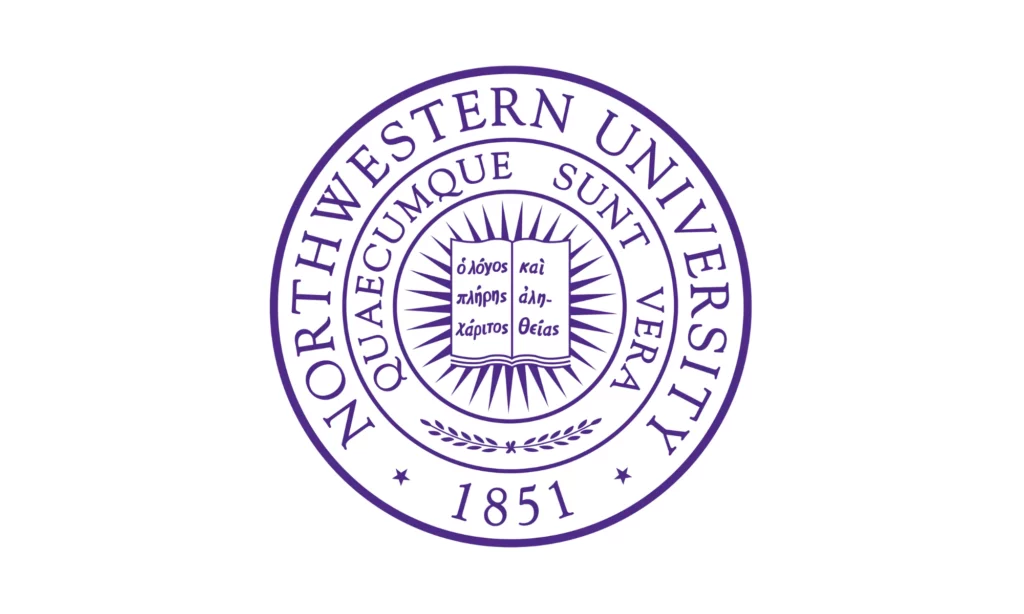
This online Master’s program in Health Analytics is a unique blend of domain knowledge from the vast and intricate health sector and interdisciplinary data science skills. The program prepares you to play pivotal roles in enhancing healthcare delivery and outcomes.
Leveraging the strengths of collaborations with faculty and staff from Northwestern University Feinberg School of Medicine and Northwestern Memorial HealthCare, the curriculum provides you with the opportunity to enhance your expertise through a hands-on, cutting-edge program.
Duration: Not specified, but the program requires students to complete 12 courses.
Tuition fees for a whole course: $56,112
Who is this for: This program is perfectly suited for individuals with a clinical background or those with quantitative and technical experience.
Online Master of Quantitative Management: Health Analytics, Duke University

This master’s program offers a comprehensive understanding of business fundamentals, industry context, and advanced data analytics essential for informed decision-making in healthcare markets.
As the healthcare industry grapples with policy reforms and a shift from volume-based to value-based care, this program prepares you to unearth hidden patterns in data and discover the interdependencies that drive medical outcomes and costs. Your newly acquired analytic skills will enable you to assist health organizations and business leaders in enhancing medical care and bolstering financial performance.
Duration: 19 months
Tuition fees for a whole course: $69,800
Who is this for: This program is tailored for working professionals with a strong quantitative foundation.
M.S. in Health Data Science, The Geisel School of Medicine at Dartmouth University
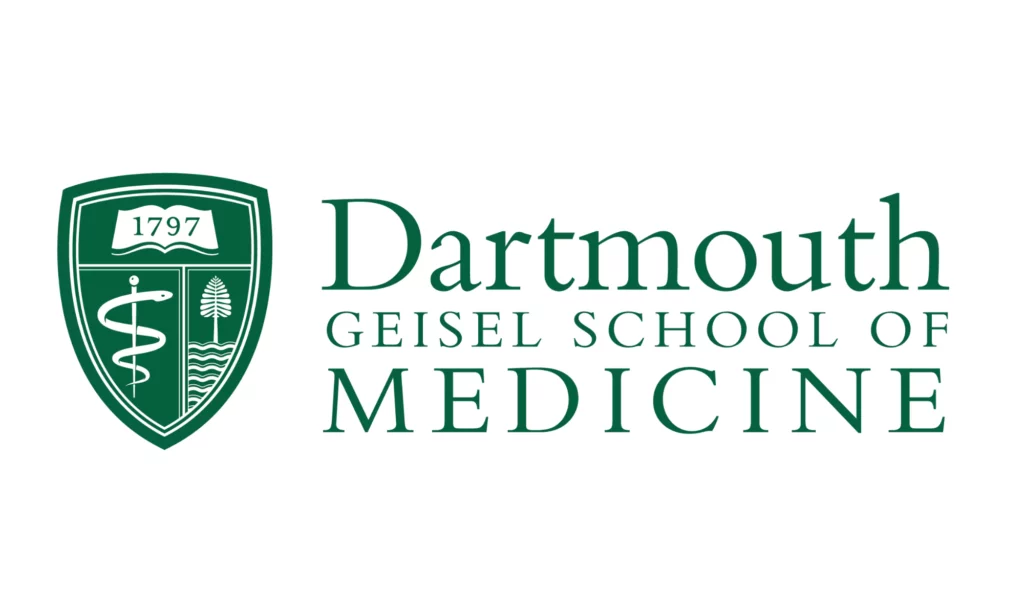
Dartmouth’s M.S. in Health Data Science prepares you to become a leading biomedical data scientist, capable of creating innovative solutions to the most pressing challenges in the healthcare industry.
The program equips you with the skills to manage and analyze health science data, which is crucial for public health and the future of biomedical science. Accordingly, you can undertake a mix of core and elective courses in such areas as data analysis, statistical modeling, computer science, biomedical science, and healthcare systems.
Duration: 12-15 months
Tuition fees for a whole course: Not specified
Who is this for: This degree is suited for students looking for careers in big data, healthcare, and biomedicine, both in academia and the private sector.
M.S. in Health Care Analytics and Information Technology (MSHCA), Heinz College at Carnegie Mellon University

The MSHCA program harnesses the analytical and technological prowess of Heinz College to address the challenges confronting the healthcare sector. It, accordingly, empowers you to turn raw data into actionable solutions to handle complex problems faced by healthcare providers and medical firms.
Also, the program is designed to equip you to instigate change in the industry right after graduation. They also prepare you to comprehend the intricacies of today’s healthcare environment and unlock your potential to devise new models and products powered by technology and analytics. Not only will you be capable of innovation, but you will also be equipped to translate those innovations into significant impact.
Duration: 2 years
Tuition fees for a whole course: Not specified
Who is this for: This program is ideally suited for those with a technical background, but it also welcomes students from non-technical areas who possess robust quantitative skills.
Conclusion
In this guide, we’ve explored the question, “What is healthcare data analytics?” We’ve seen its power to predict health issues, streamline hospital operations, and personalize patient care. It’s clear that healthcare data analytics is a field with vast potential and real-world impact.
For those who are intrigued by this field, there are many opportunities to learn more and even pursue a career in it. The world of healthcare data analytics is waiting for you to dive in and make a difference.
If you’re a healthcare provider, consider the benefits of healthcare data analytics for your practice. It could revolutionize the way you operate and care for patients. If you’re interested in developing healthcare-related apps, Designveloper is ready to assist.
In conclusion, understanding what healthcare data analytics is and its potential can open doors to exciting opportunities. So, keep learning, stay curious, and let’s shape the future of healthcare together.






Read more topics




























